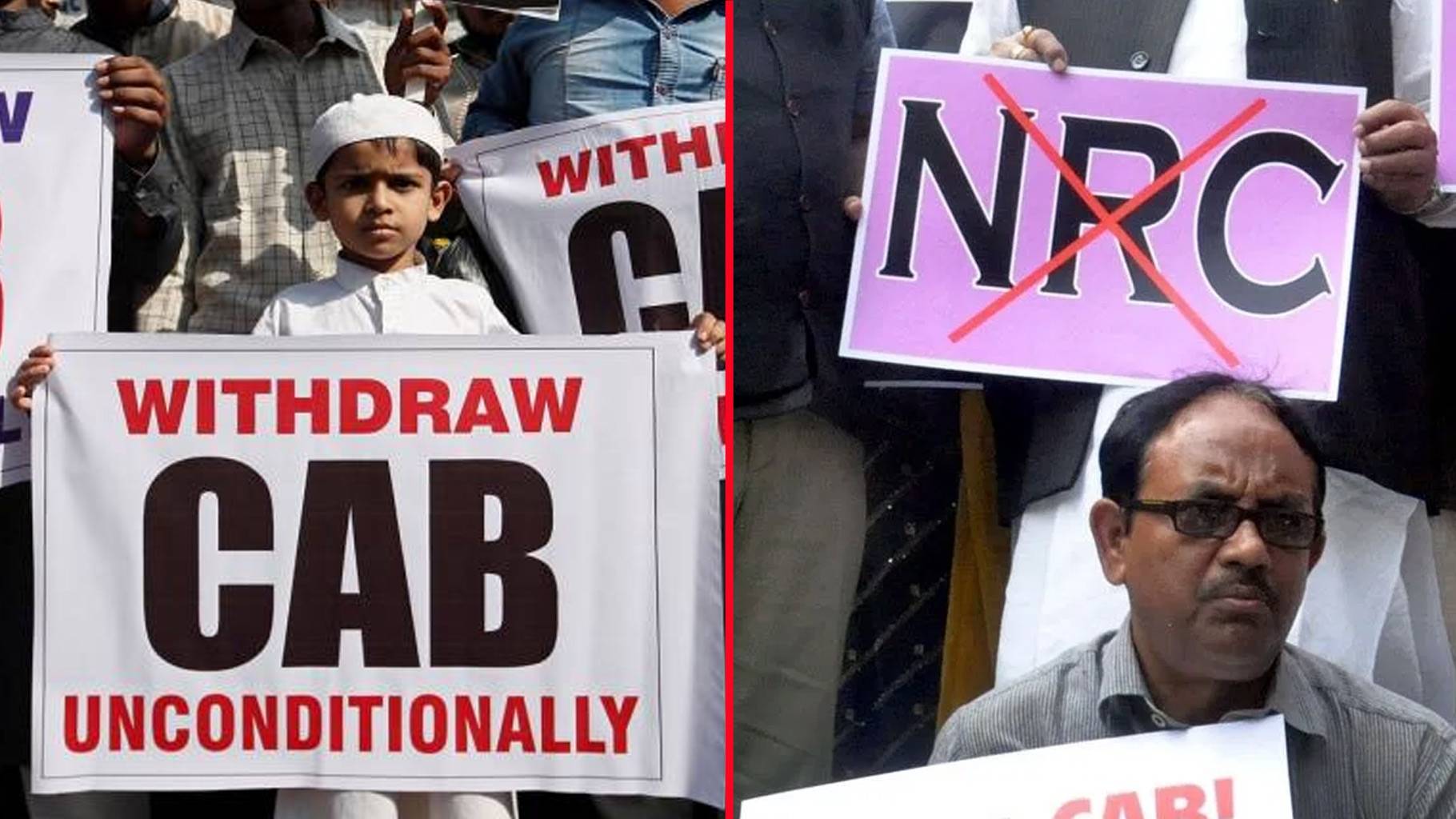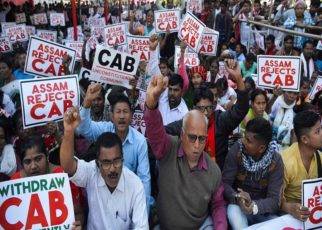Citizenship Amendment Act or the so-called CAB for Citizenship Amendment Bill will not be affecting any Muslim and as a whole to any Indian citizen. It is different from National Register of Citizens (NRC). It grants Indian citizenship to the religious minorities who have fled from Pakistan, Afghanistan and Bangladesh fearing being persecuted or due to religious persecution.
The CAB covers six non-Muslim communities and those are Hindu, Christian, Jain, Sikh, Parsi and Buddhist. Indian citizenship could be provided to these minorities if they have entered India on or before December 31, 2014.
Until the bill became an act on December 11, 2019 (received presidential assent on December 12) in the Indian Parliament with 125 favored votes and 105 unfavored ones, it was mandatory for anyone to live in India for 11 years before becoming eligible for Indian citizenship. Now the required staying limit is six years.
NRC on the other hand is a process or practice that focuses on removing illegal immigrants from India. Union Home Minister Amit Shah lately said it will be implemented across India.

Under the filtering process a person need to prove his or her ancestors had lived in India on or before March 24, 1971 to become eligible for being a citizen of India.
CAB now is a good instrument for those individuals who have been excluded by the Assam NRC. The person could be granted Indian citizenship.
One important thing to take note here that Hindus facing religious persecution in other countries apart from Pakistan, Afghanistan and Bangladesh will not be eligible for applying for Indian citizenship.





